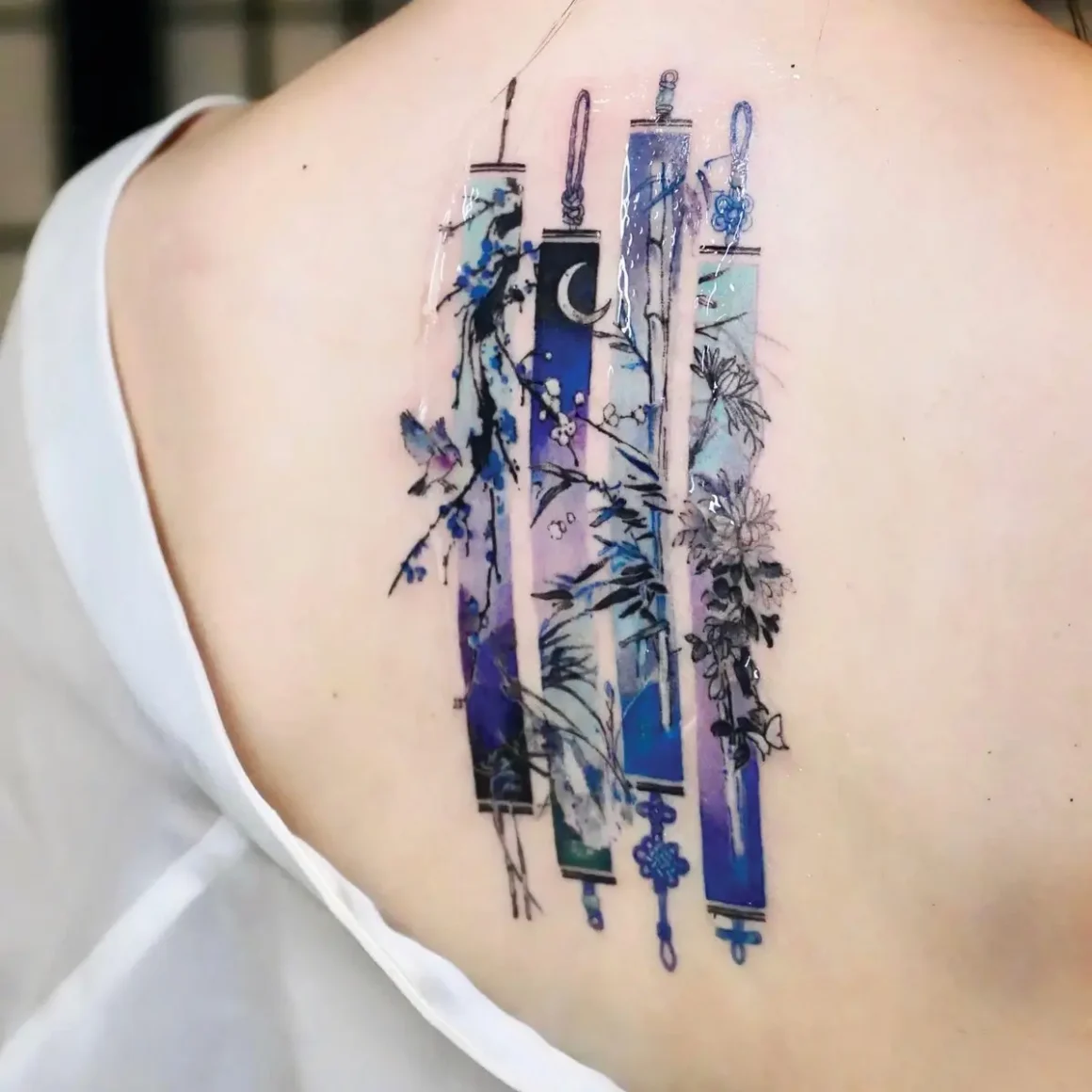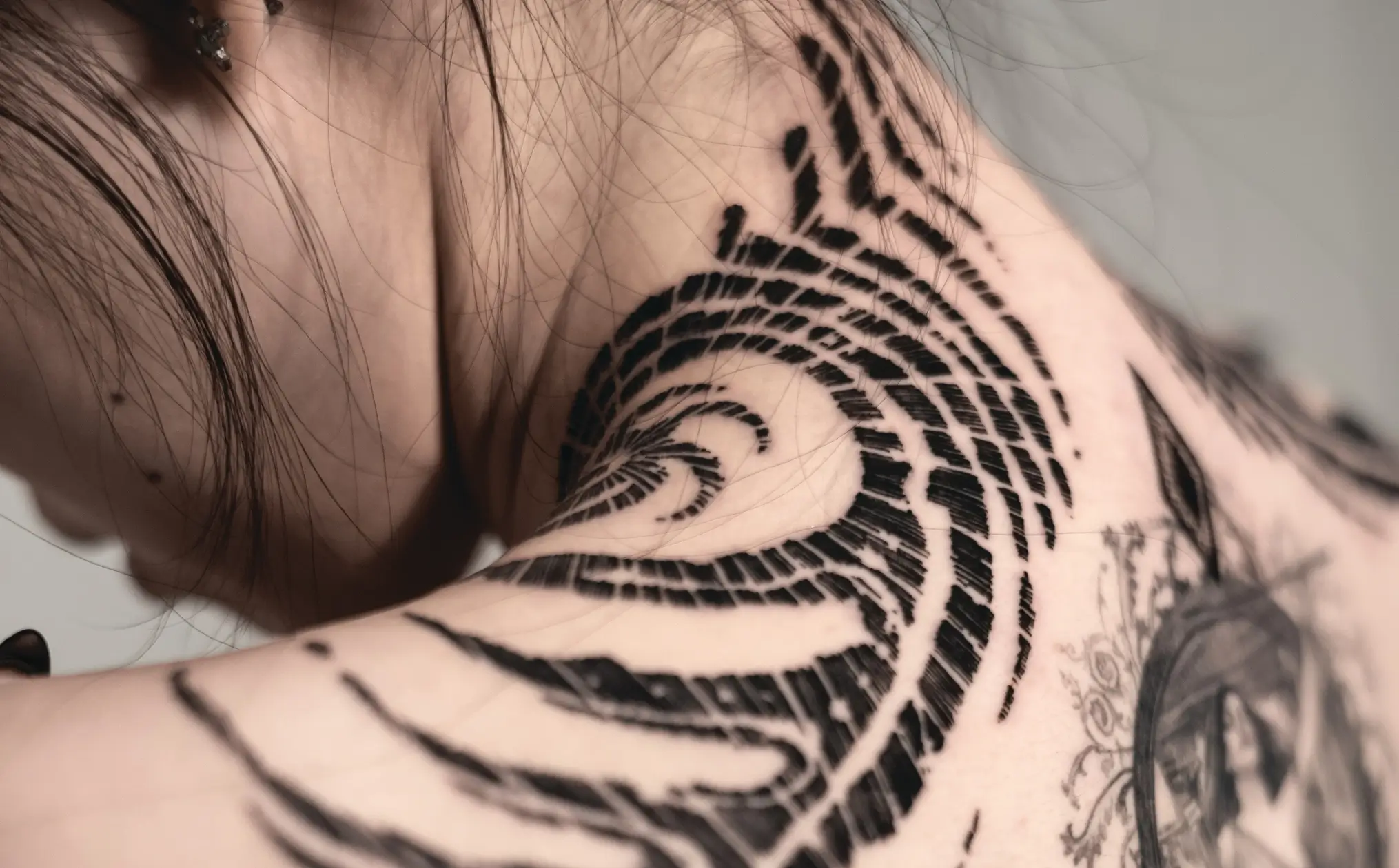Emily Adam
November 19th, 2025
Marked for Change
The legislation and evolution surrounding South Korea’s tattoo culture.
A taboo topic and popular among those with a criminal background, inked skin in South Korea was, once upon a time, synonymous with social deviance and those on the outskirts of society. In recent years, however, tattoos have become a growing form of self-expression and incredibly popular amongst the younger generation, thanks in part to celebrity influence, a trend-based culture, and tattoo tourism.
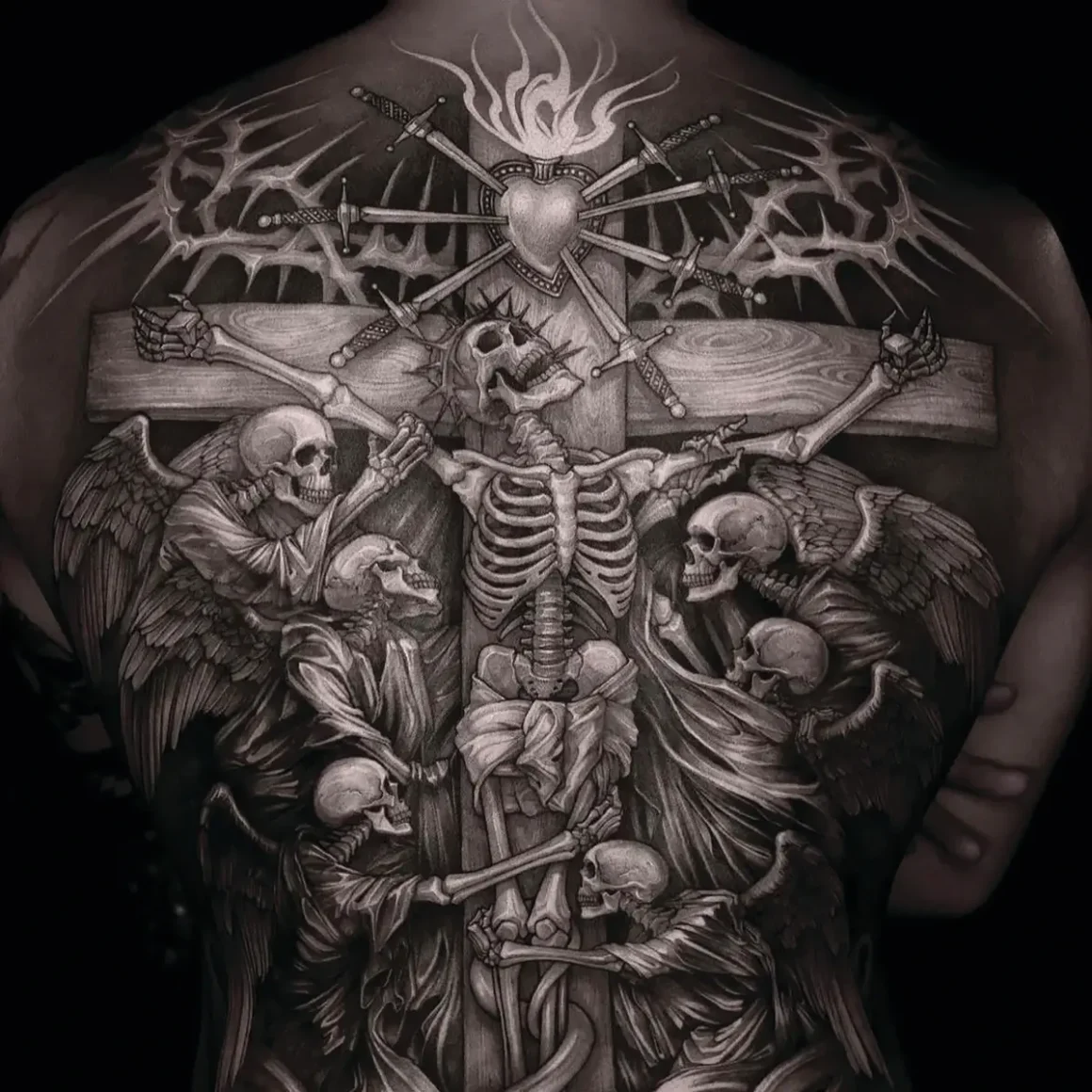
Spend any amount of time walking down an urban street in Seoul, and tattoos are almost as second nature as they are in most Western societies, appearing on the likes of K-pop idols, fashion models, and everyday young Koreans looking for a unique way to express themselves through art.
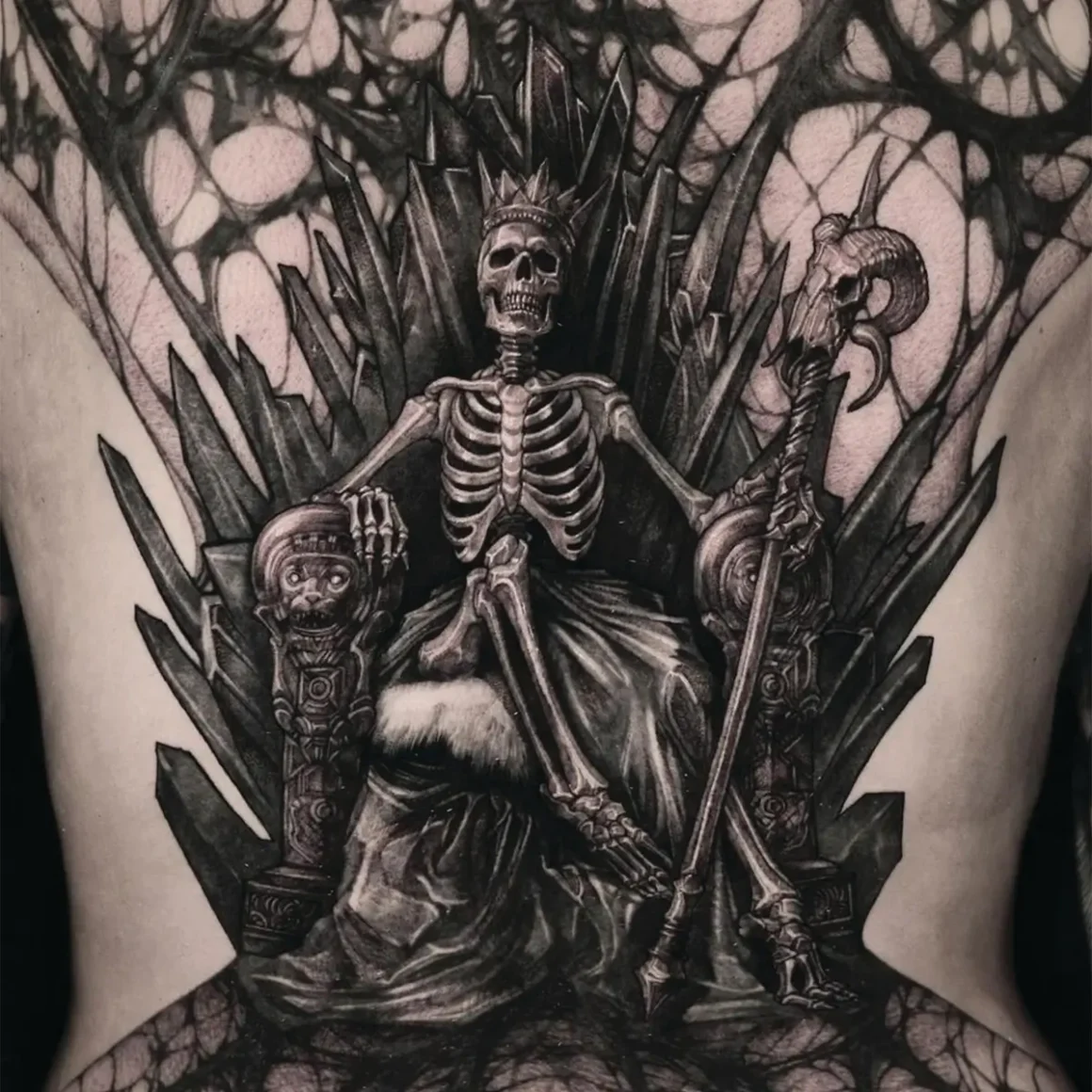
Despite this cultural evolution, tattooing still exists in a legal gray area, leaving artists and clients alike to navigate a tumultuous landscape, with many opting to work overseas to escape South Korea’s troubled relationship with the tattoo industry. These days, many Korean artists are internationally respected for their precision and creativity, with trending designs in minimalism and fine-line styles showcasing their outstanding abilities.
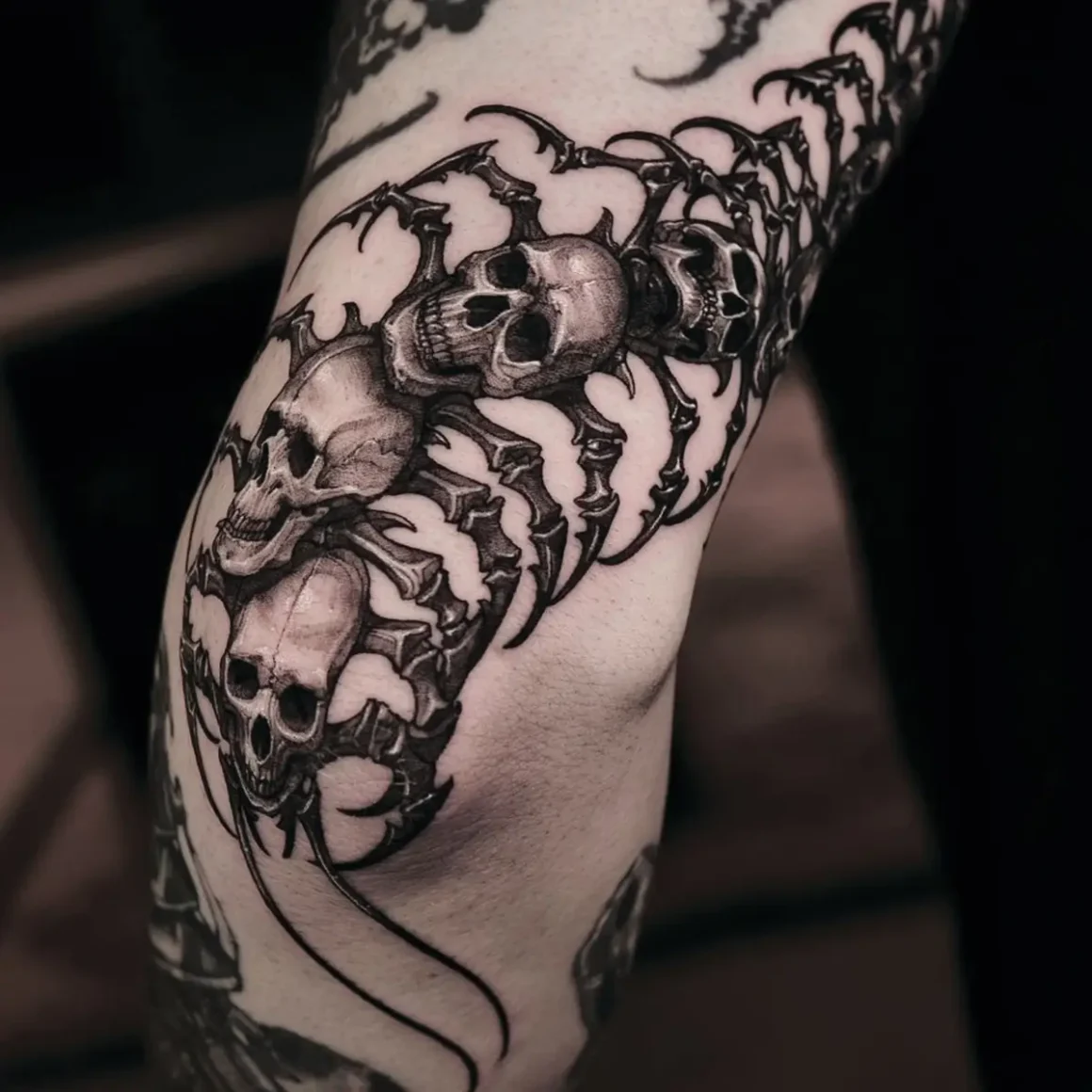
Korean tattoo artist GARA explained that, despite these social advances, a “lingering stigma still exists, particularly among older generations. In many workplaces, employees are expected to conceal their tattoos, and on major broadcasting networks, public figures are often required to cover them during appearances.” She added, “As societal views continue to evolve, there is growing discourse around the need to revisit outdated laws and institutional norms that no longer reflect the values of modern Korean society.”
The Legal Landscape
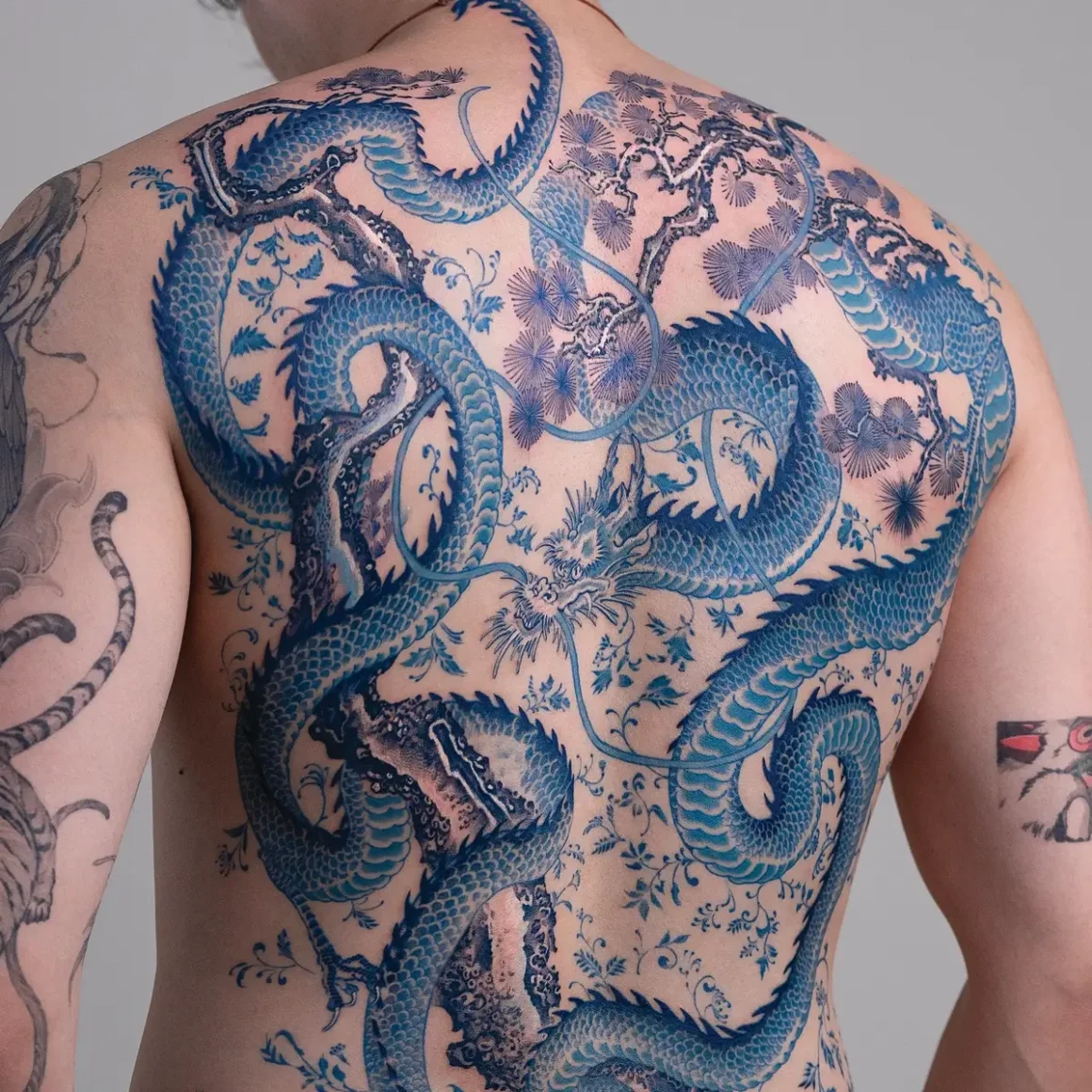
Tattooing in Korea technically remains illegal unless performed by a licensed medical professional. This outdated law leaves artists without licenses vulnerable to fines and forced closures.
“Legal limitations not only affect creative freedom but also pose obstacles to protecting the rights and safety of clients,” said one artist who asked to remain anonymous. “I naturally prefer working in countries where tattooing is legally recognized. In a legally protected environment, I can approach my work more confidently, take artistic risks more freely, and build stronger trust with clients.” Another anonymous artist explained, “Without legal protection, many artists hide their studios, which reinforces the ‘illegal’ stigma. It also pushes artists to dream about working freely overseas, as a lack of creative freedom can be stifling.”
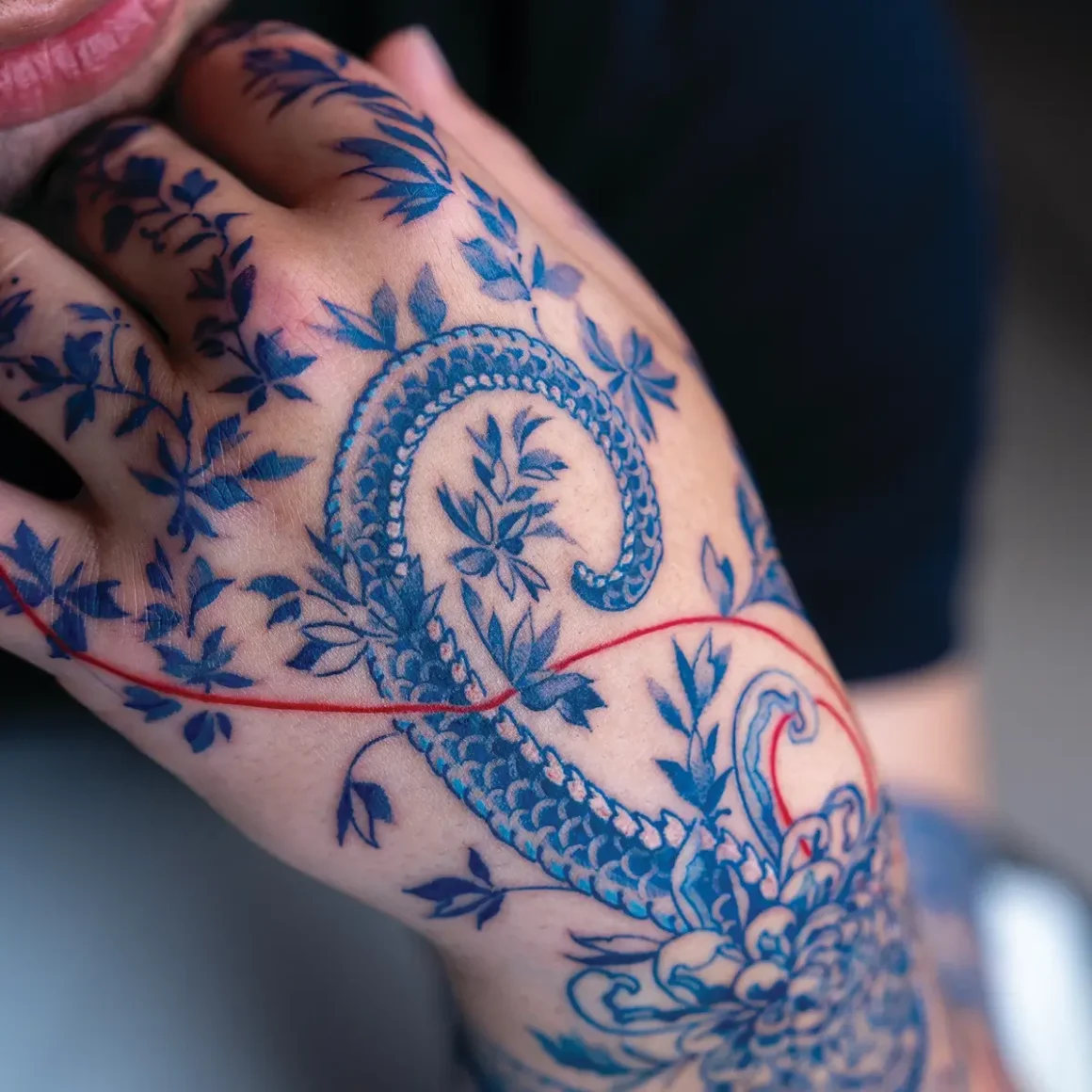
Over the years, attempts have been made to reform these outdated laws, yet they remain largely unchanged. According to one anonymous artist, the biggest issues for artists working without a license are the “constant anxiety of potential legal penalties and the difficulty in securing an official workspace,” as well as the inability to advertise or publicly share their location, relying on social media to help secure clients. One artist even reflected on a distressing experience during their time working in a smaller South Korean city, stating, “A male client threatened me for money over KakaoTalk. Because tattooing falls into a legal gray area, I had no real legal protection or way to resolve the situation. It was a very difficult and distressing experience.”
The Role of Media, Idols, and Western Culture
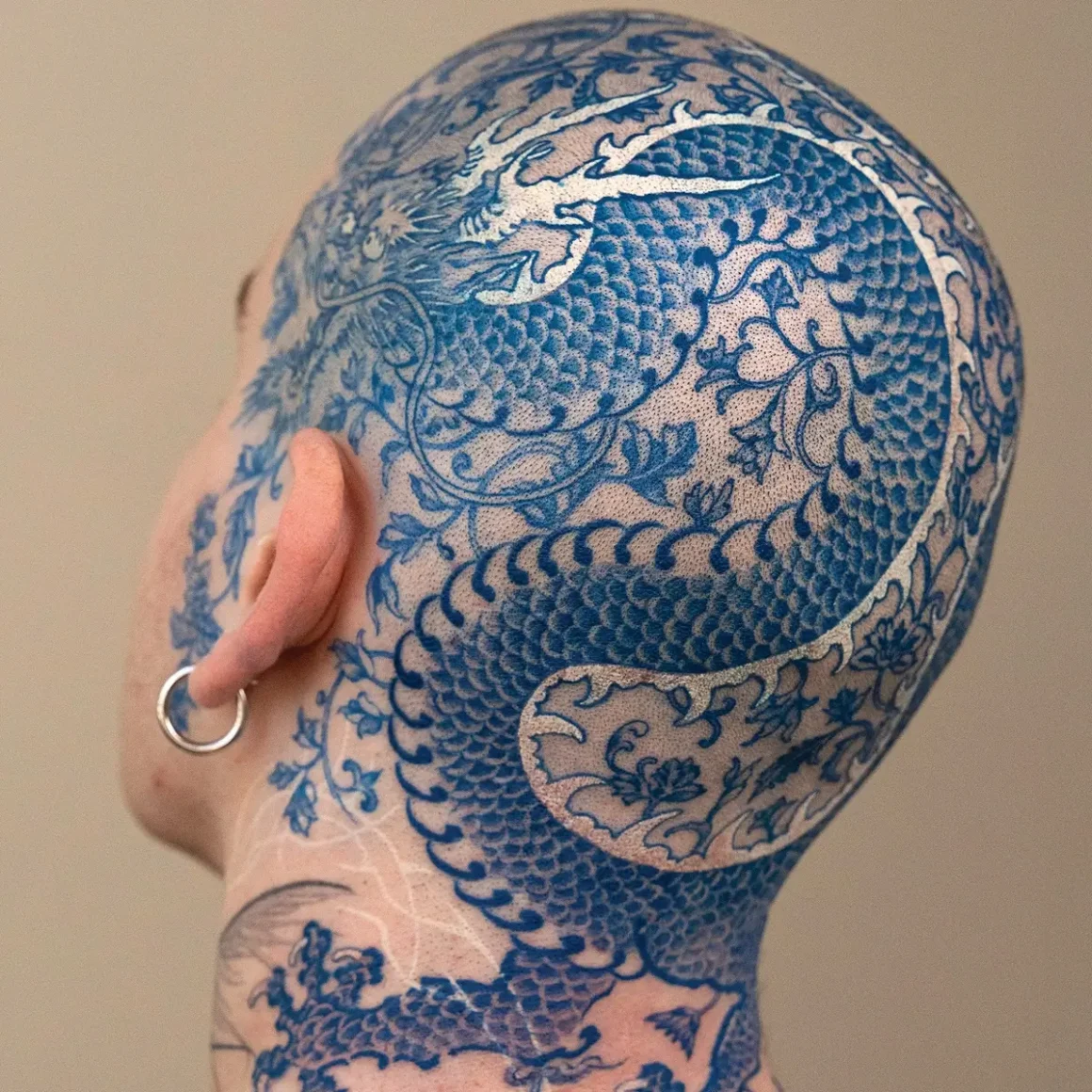
While Korean tattoo practices laws remain restrictive, the culture appears to be racing ahead. One of the biggest drivers of change has been Korean pop culture. Celebrities, actors, and K-pop idols have made tattoos more visible and accepted amongst the younger generation, inspiring them to do the same.
“When a culturally influential figure openly expresses something that was once considered taboo, it sends a powerful social message,” GARA said. “The moment K-pop idols and celebrities began showing their tattoos marked a turning point. It helped shift tattoos from being seen purely as taboo to being embraced as a form of fashion and artistic expression.”
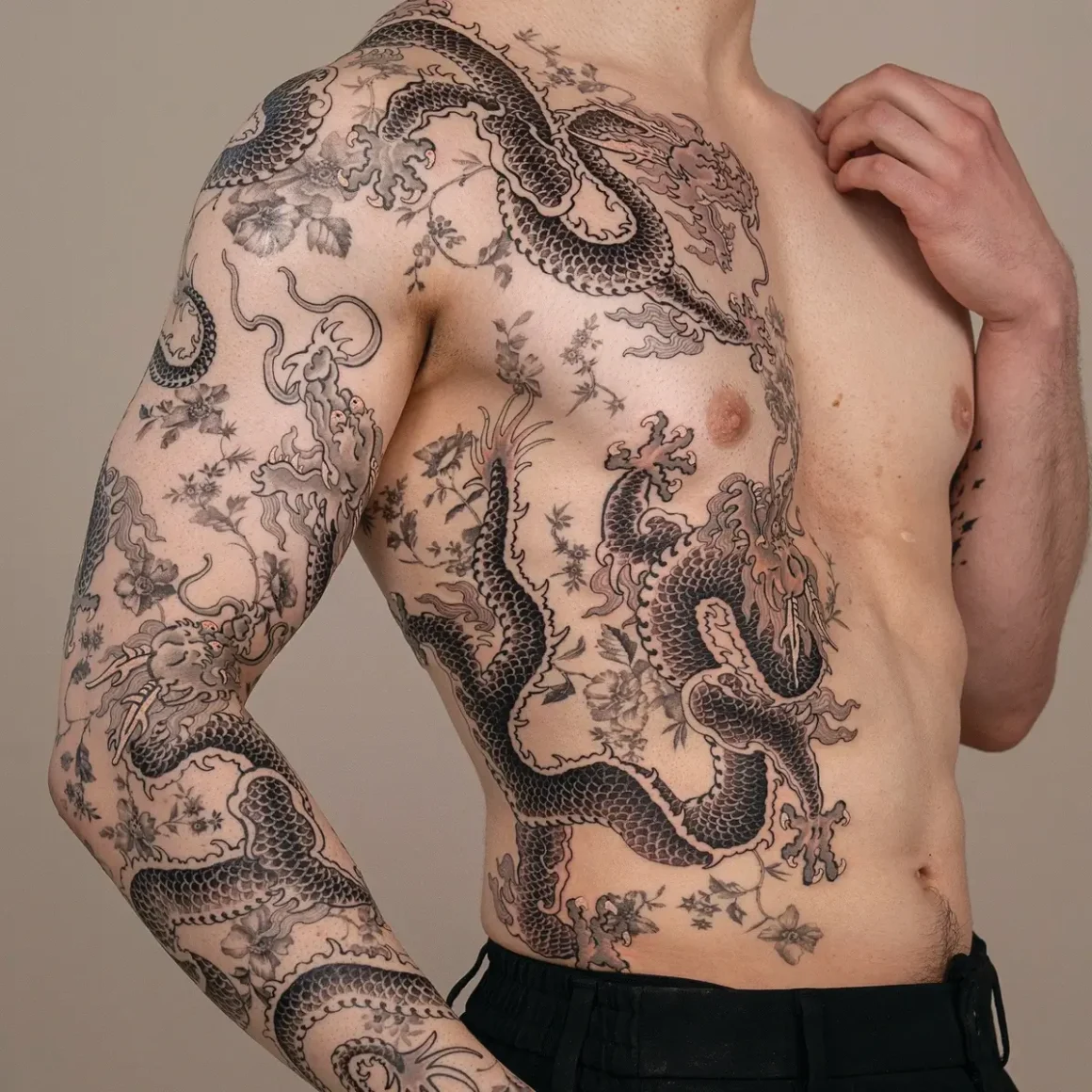
Tattoo artist Seolhee expanded on this: “Tattoos have also become part of fashion, leading to trends like mini tattoos, soft colors, and painterly styles inspired by East Asian art.” Artist Oozy added, “Even a single small tattoo revealed by a celebrity can start a major trend.”
Social media also plays a significant role, bridging Korean tattoo culture with global trends. Through social media, Korean artists are learning more about global trending styles, finding new legal work opportunities in other countries, and connecting with new clients near and far.
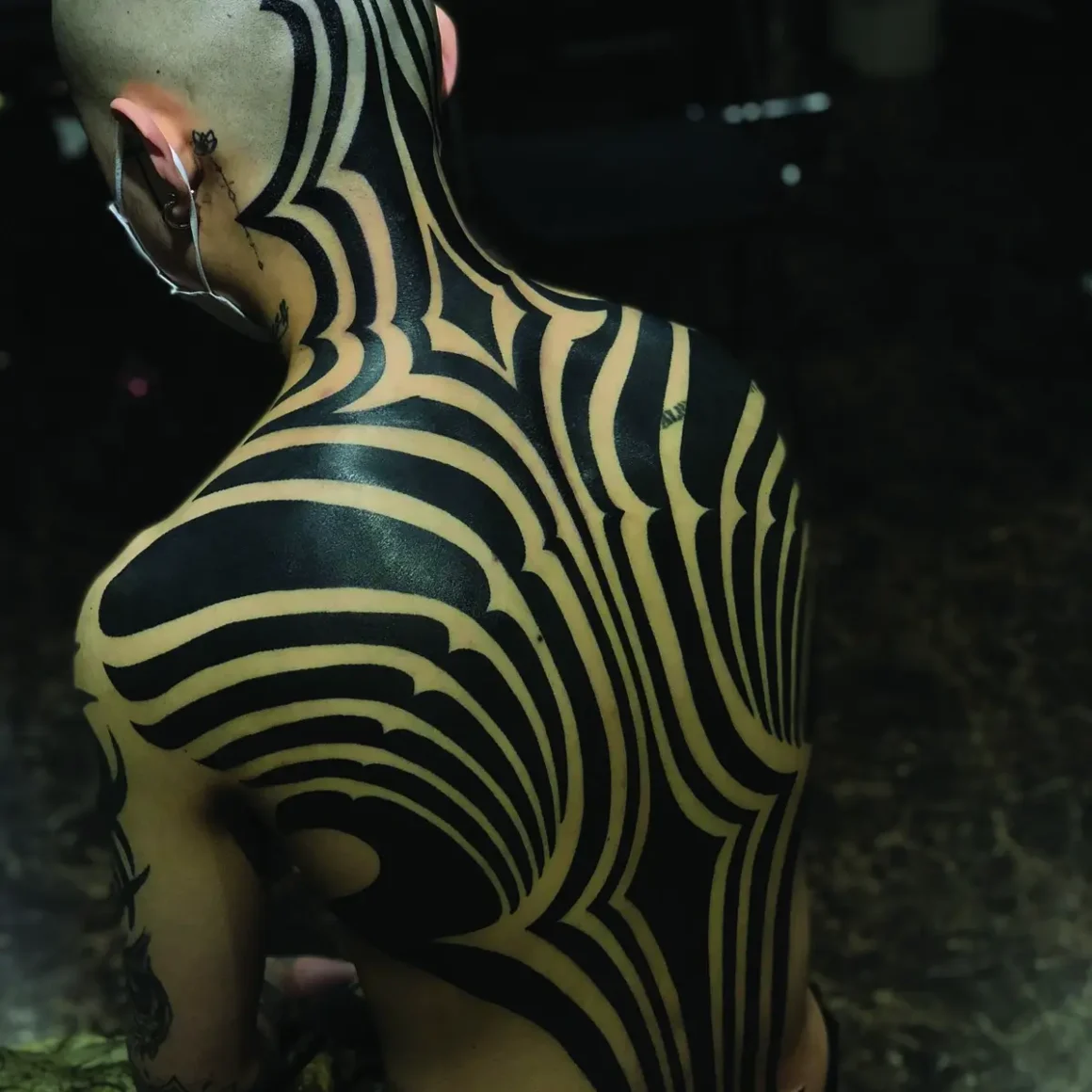
Despite these advances in Korea’s tattoo culture, many stereotypes persist, including that the practice is unsafe or unhygienic. “I run a clean, thoroughly sanitized studio and use all disposable tools. But it’s hard to fully erase those misconceptions,” Seolhee explained. In Oozy’s opinion, “There’s still a tendency to judge people negatively based on appearance alone, viewing tattoos as threatening or disruptive.”
Trending Styles and Global Demand
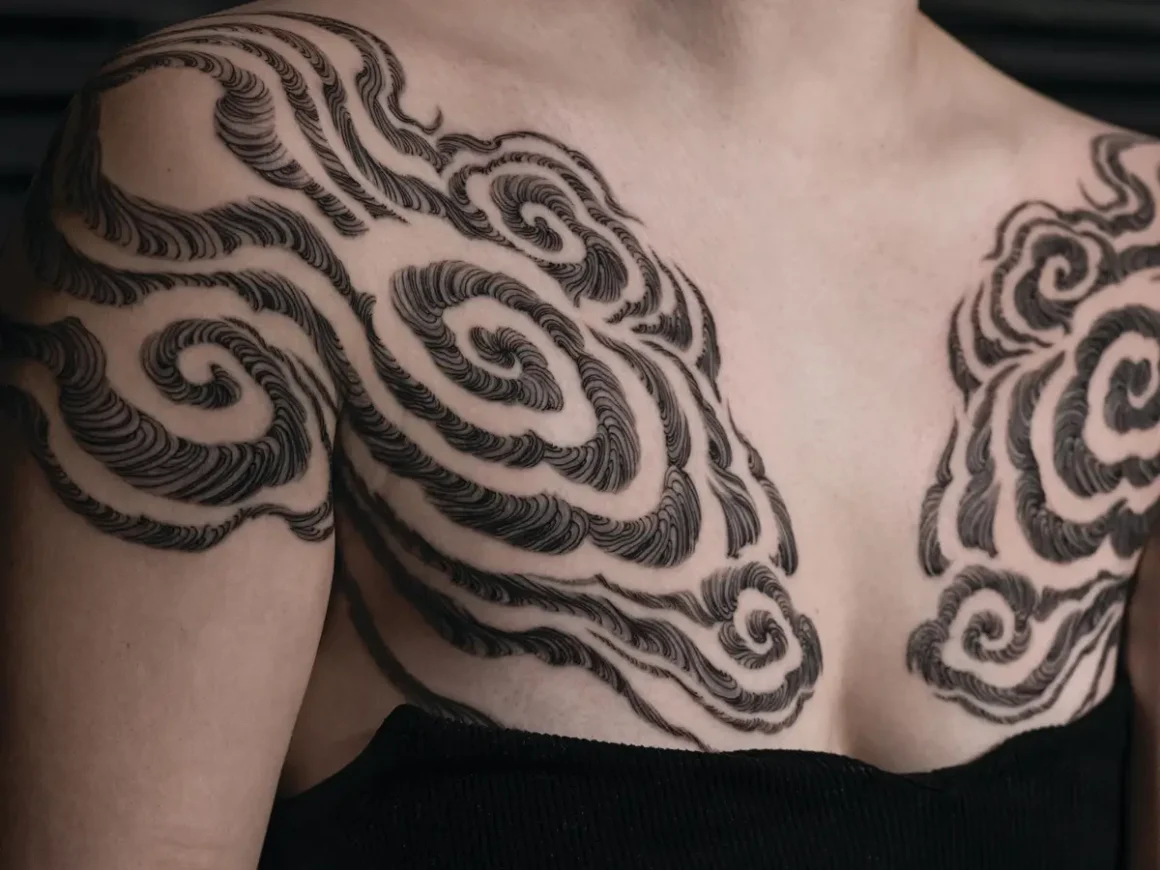
Korean tattoo artists are known for their distinctive styles and penchant for following trends. “In Korea, minimal and sentimental tattoo styles still seem to be the most preferred. Small and delicate designs are less likely to draw social attention and are well-suited for expressing personal meaning. They are especially popular among clients getting their first tattoo,” GARA explained. “At the same time, a wide range of styles, including blackwork, black and grey, Irezumi, old school, and tattoos incorporating traditional Korean elements, are also gaining popularity.”
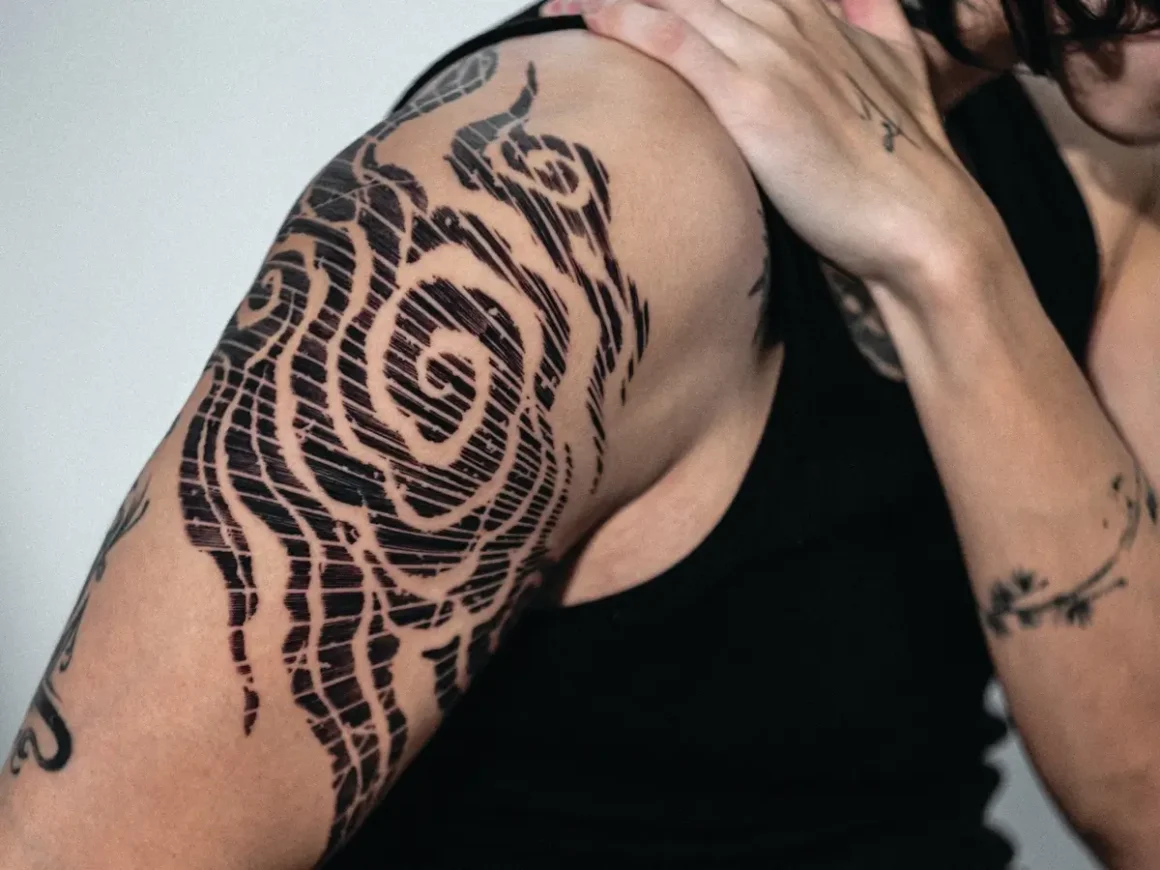
Traditional East Asian tattoo designs often appeal to international clients looking for an authentic touch of Asian aesthetics. Seolhee explained, “I work with Eastern themes and fantasy visuals, and my international clients really respond to that. A full-back piece of a tiger beneath blooming plum trees got a lot of love, especially from people looking for a uniquely Korean aesthetic.
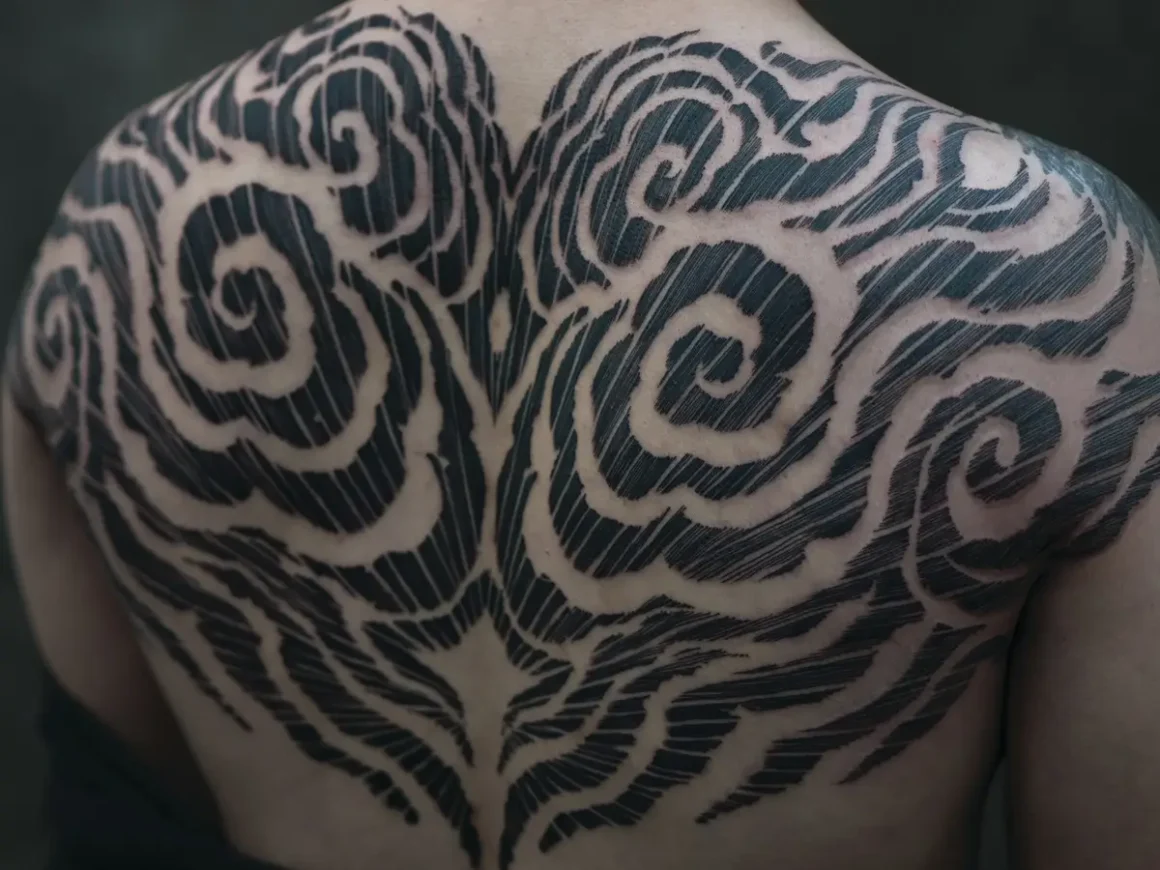
“Korean clients tend to focus more on emotions and meaning, while international clients often appreciate the cultural aspects or my unique artistic style,” Seolee continued, adding, “I try to respect each client’s cultural background while staying true to my own identity. I often suggest designs based on traditional patterns, seasonal themes, or hanbok-inspired curves to give them a uniquely Korean experience.”
Legal Shifts and Cultural Acceptance
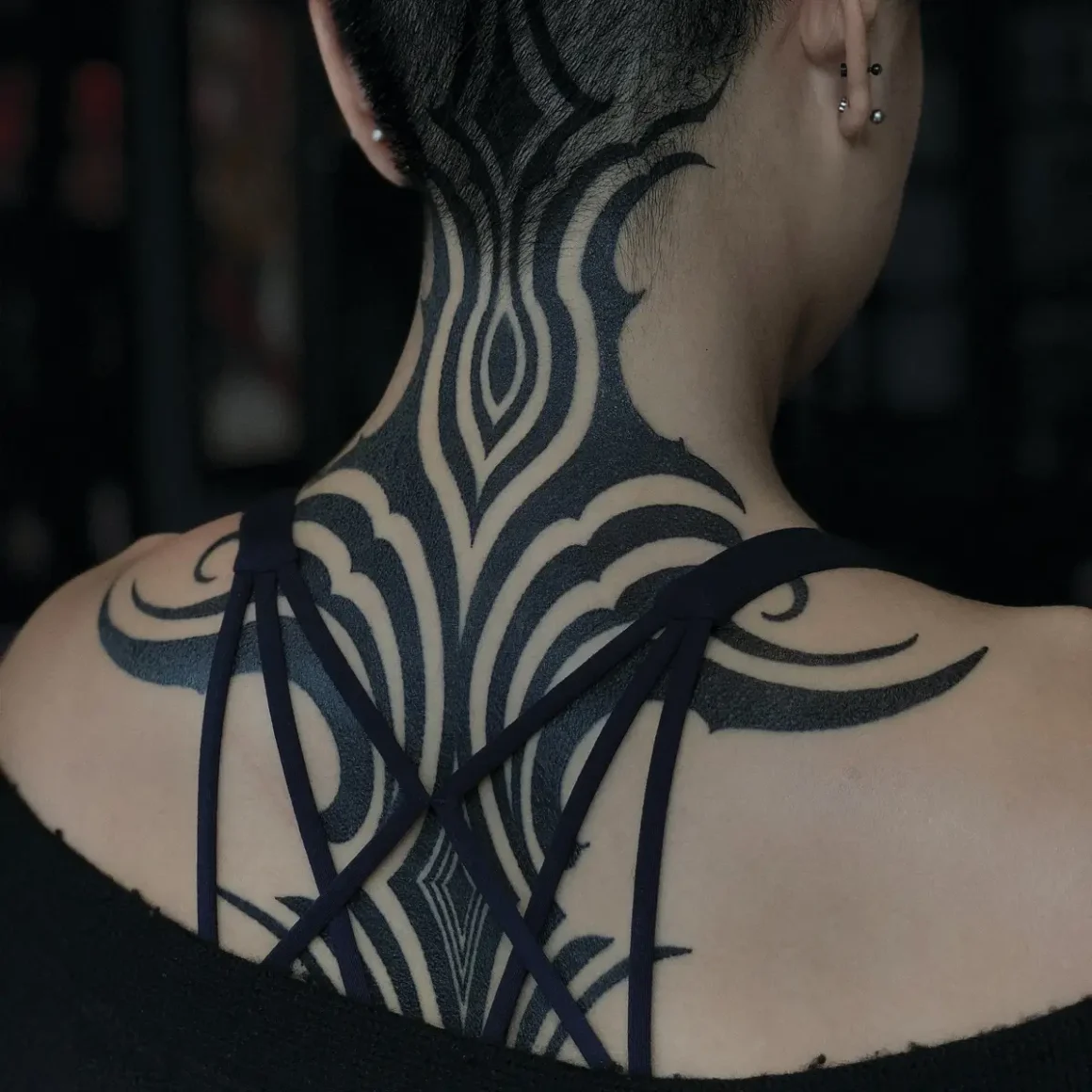
Although legal changes to the practice of tattooing in South Korea have been slow, artists remain optimistic about the future. Legislation discussions have become more mainstream, and public opinion is beginning to soften.
“Just last year, a Korean tattoo artist appeared as a witness at a National Assembly Health and Welfare Committee hearing to advocate for legalization,” GARA said, explaining that several tattooing-related bills were proposed at the hearing, including the Tattoo Artist Act and Semi-Permanent Makeup Act, but the medical community’s opposition has prompted delays. While the Minister of Health and Welfare has expressed support for tattoo regulations, he acknowledges the challenges of balancing the interests of stakeholders.
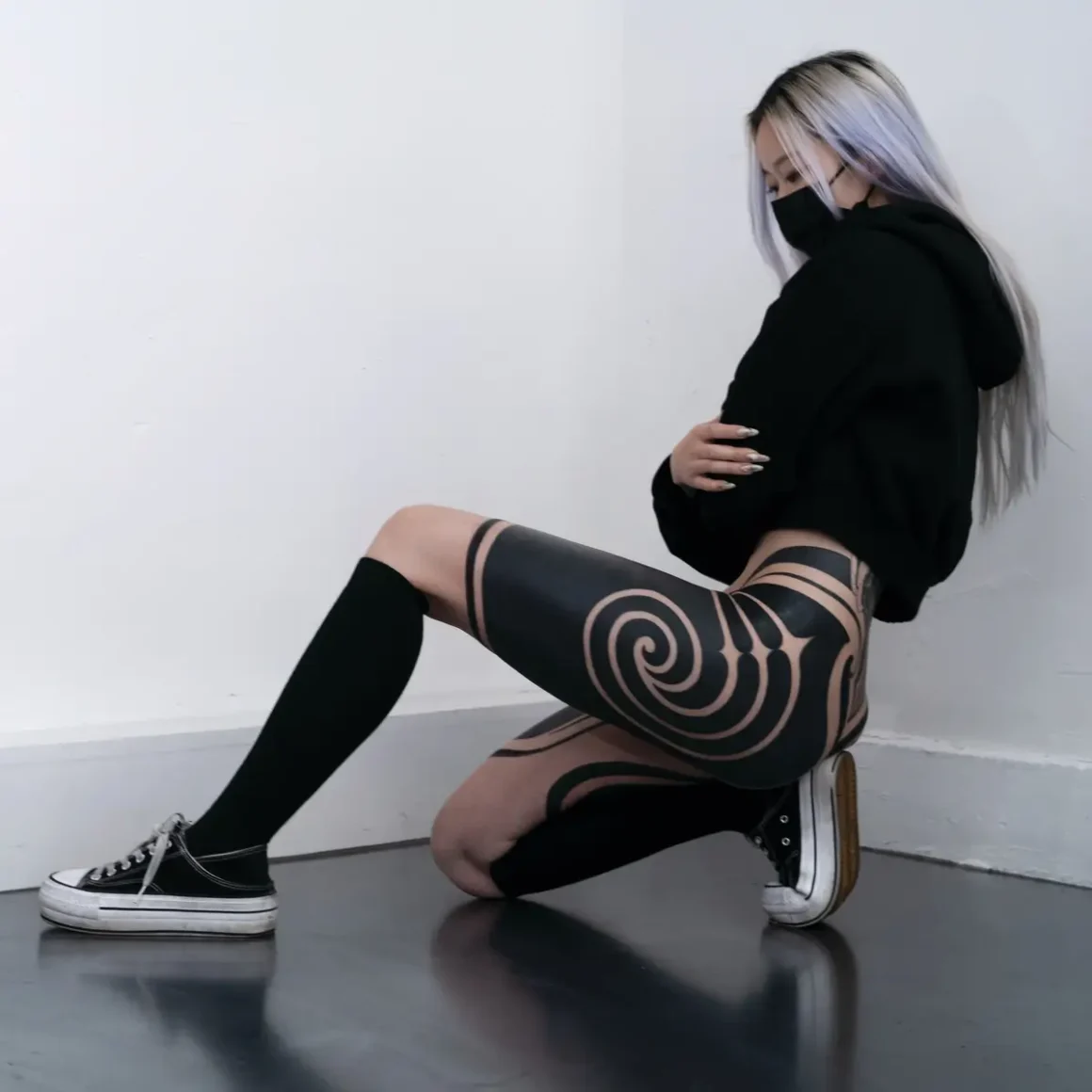
Seolhee shared, “I truly believe that tattoos will become more accepted in the coming five to 10 years. The younger generation is already more open, and more artists are confidently showing their own creative worlds. I’m hopeful that the laws will eventually change, too.” Others are less hopeful: “I think more of Korea’s talented tattoo artists will continue leaving the country in search of opportunities abroad,” Oozy said.
For the time being, many artists in Korea are operating in a legally ambiguous environment, which can create long-term challenges, including impacts on their lives and futures. Oozy, who currently works in the U.S, stated, “I’m always considering moving abroad permanently.”
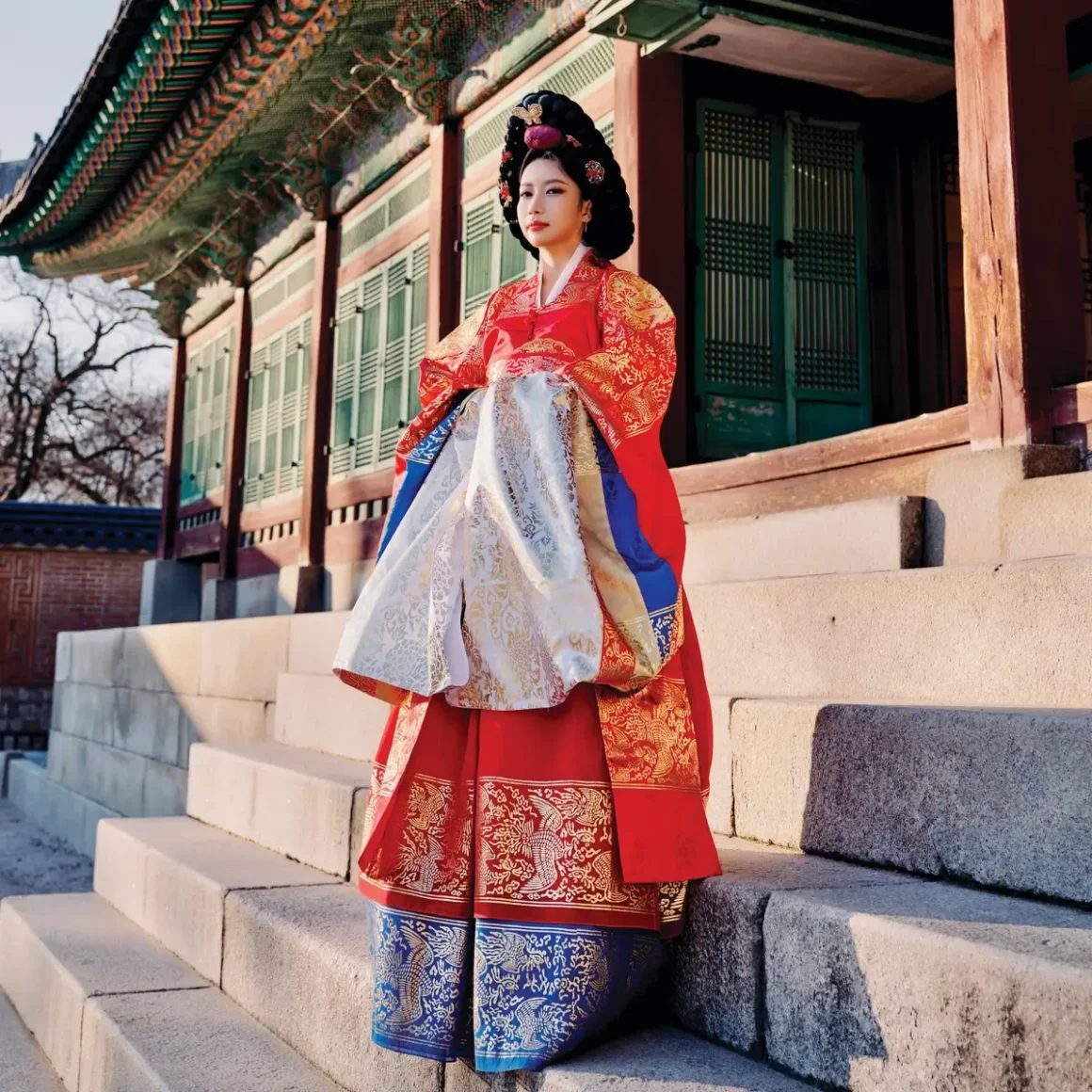
“Currently, I live and work in a country where tattooing is legal and protected, but I still have a strong desire to work in Korea again — if and when tattooing becomes legalized there,” GARA explained. “I’ve consistently participated in interviews with international media to raise awareness about the reality of the tattoo scene in Korea, to contribute to the broader conversation and push for change.”
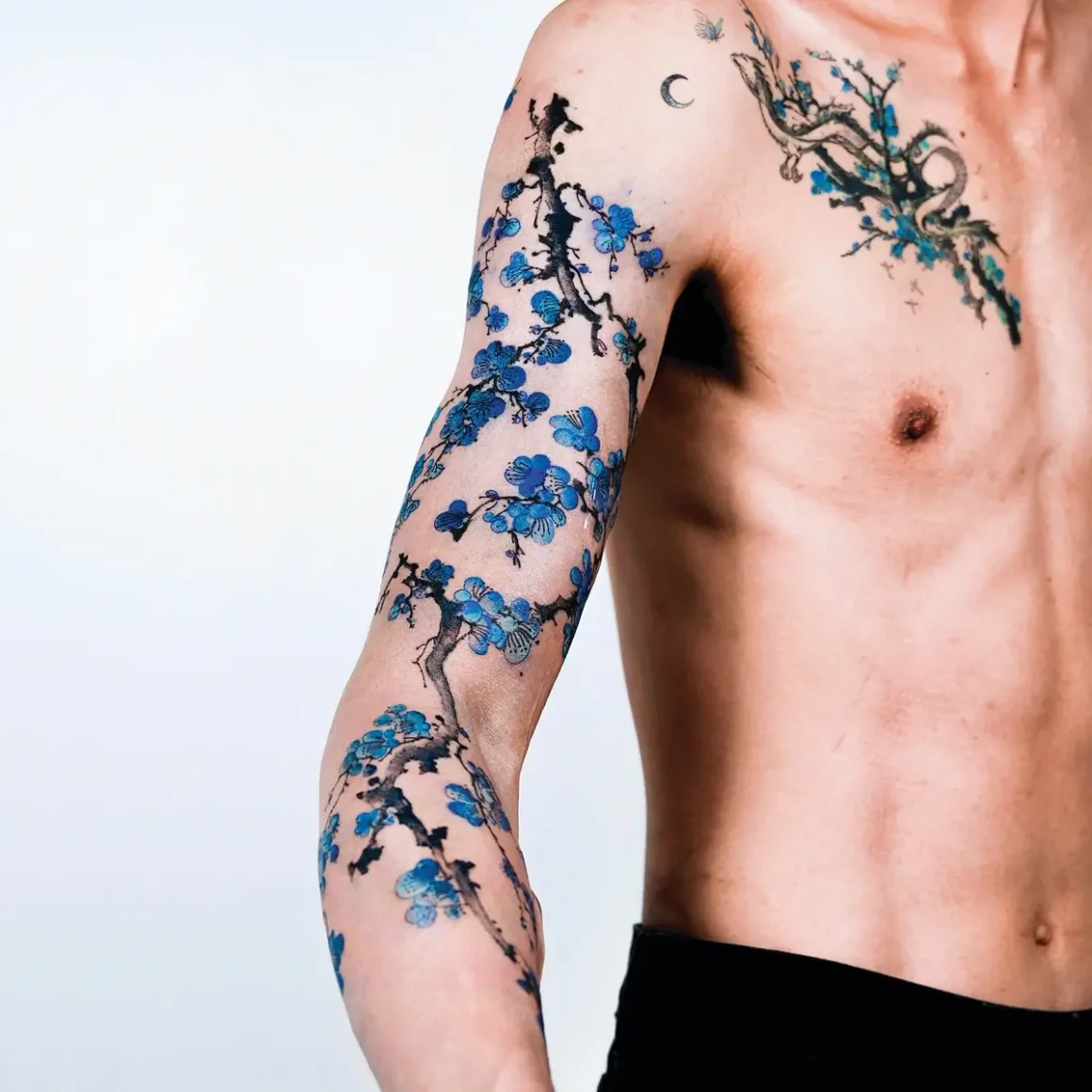
Despite the restrictive legislation, younger tattoo artists continue to open their businesses in Korea. “To young artists, I would say, even in the midst of an unstable system, it’s important to take pride in your work, maintain strict hygiene standards, act with responsibility, and continue to build your skills,” GARA advised. “Social stigma and legal limitations still exist, but in times like these, strong fundamentals and a professional attitude are the best tools to protect and sustain your career.” In contrast, Oozy emphasized the importance of working in a more stable environment, saying, “I strongly encourage them to experience working abroad.”
A Culture in Transition
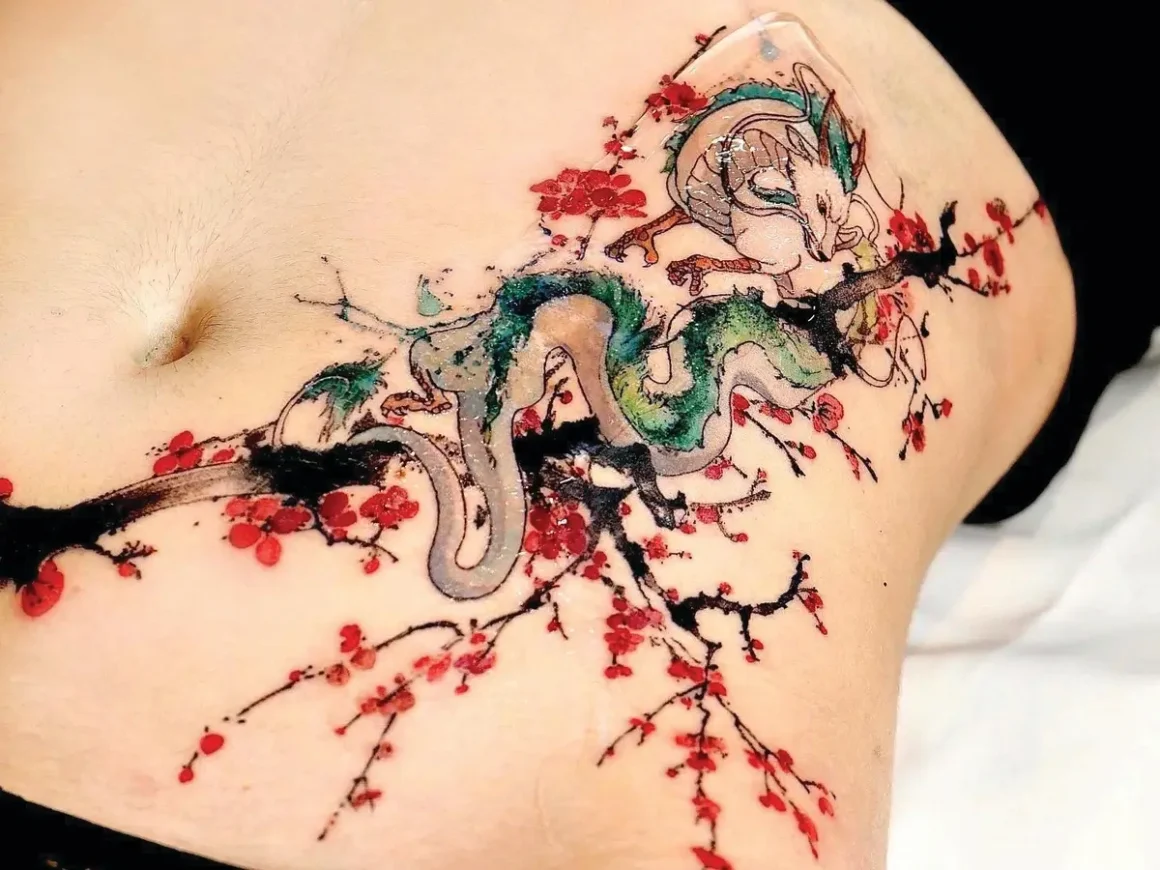
While outdated laws continue to limit artists who live in Korea, cultural acceptance of tattoos amongst Koreans is growing. With each discreet studio appointment, each celebrity tattoo reveal, and each international client choosing to fly to Korea to work with their chosen artist, things are seemingly changing, little by little.
As with tattoo culture across most Western countries, tattooing in Korea is slowly becoming a symbol of identity, resilience, and artistry. And for the artists at the center of this movement, the hope is that the laws will soon catch up to help Korea’s unique and talented artists see even more success in the future, and within their homeland.
